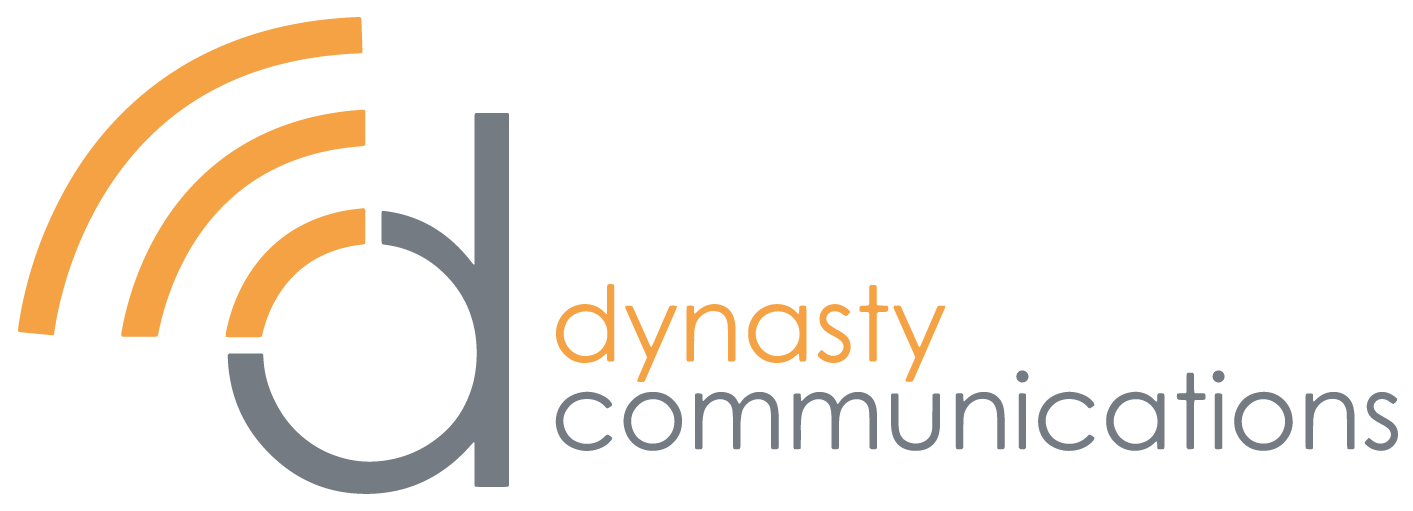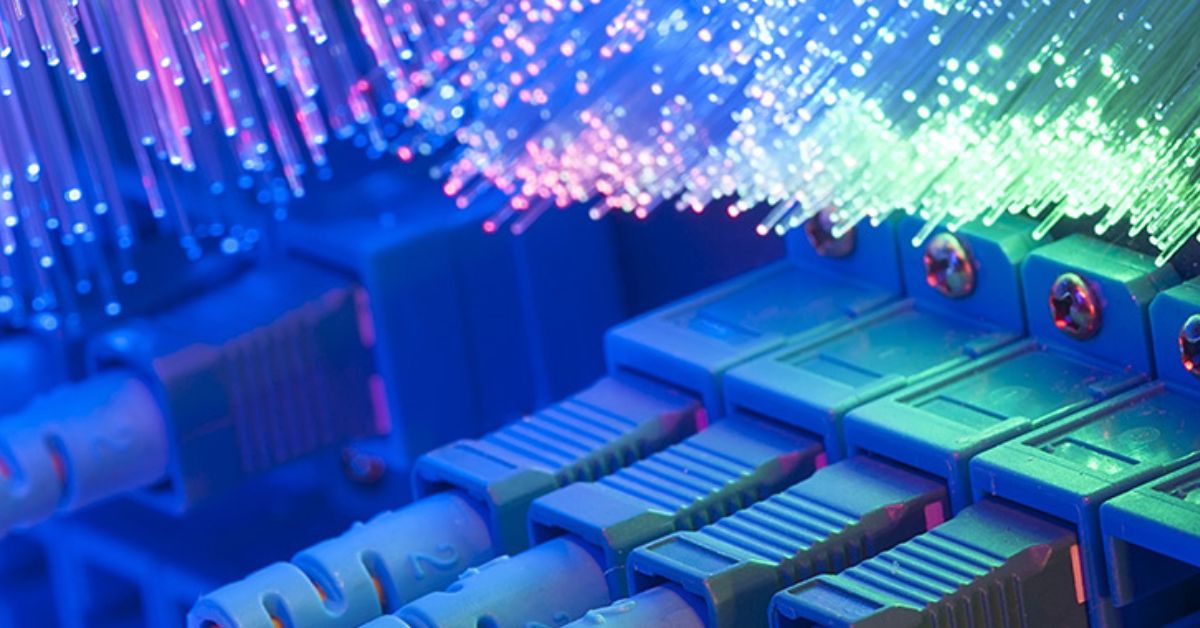Today, our spotlight shines on a remarkable tech term, Fiber Optic Internet. This technology is the speedster of the internet universe, racing ahead with unparalleled speed and strength! Explore Fiber Optic Internet and unravel the secrets behind its lightning-fast capabilities.
Visualize an internet connection so fast; it’s like sending data through light. That’s the magic of fiber optic internet, another amazing technology transforming the way we connect, share, and experience the digital world.
Fiber Optics Internet makes use of fragile glass fibers that transmit information via light signals instead of traditional internet connections.
Some companies are internet providers in North Carolina, possessing superhero speed and reliability of fiber optic internet. The decision to pick the right one is critical because of this, So let your electronic journeys become a flash race.
Considering the advantages of fiber optics, as well as the disadvantages, make informed decisions about choosing Fiber Optic Internet.
Comparison Chart
| Advantages of Fiber Optic Internet | Disadvantages of Fiber Optic Internet |
| 1. Lightning-fast Speed: Fiber optics provide incredibly high-speed internet, allowing faster downloads, smoother streaming, and quicker uploads. | 1. Installation Costs: Fiber optic internet’s initial setup expenses can be higher than traditional internet options. So, fiber internet vs wifi is not the battle. |
| 2. Reliable Performance: It offers stability and reliability, experiencing minimal disruptions or signal degradation, even during peak usage. | 2. Limited Availability: Availability is often limited to specific regions or urban areas, making it inaccessible to everyone. |
| 3. Greater Bandwidth: It supports high bandwidth, enabling multiple devices to connect without compromising speed. | 3. Fragility: The cables are delicate and can be easily damaged during installation or maintenance, leading to connectivity issues. |
| 4. Enhanced Security: Data transmitted through fiber optics is less susceptible to electromagnetic interference, providing better security against cyber threats. | 4. Compatibility: Some older devices or hardware may not be compatible with Fiber Optic Internet, requiring upgrades. |
| 5. Future-proof Technology: It’s considered a technology, ready to support upcoming advancements in internet requirements. | 5. Power Dependency: Fiber optic internet might lose connectivity during power outages as it relies on active powered equipment. |
| 6. Lower Latency: Fiber optics offer lower latency or delay, which benefits online gaming, video conferencing, and real-time applications. | 6. Limited Provider Options: Consumers might have fewer choices for service providers offering Fiber Optic Internet, limiting competitive pricing. |
| 7. Immunity to Radio Interference: Fiber optics are not susceptible to radio frequency interference, ensuring a more precise signal and consistent performance. | 7. Distance Limitations: There could be limitations on the distance fiber optic signals can travel without requiring signal boosters or repeaters. |
| 8. Lightweight and Thin: The fiber optic cable advantages include being lighter and thinner than traditional cables, allowing easier installation and flexibility. | 8. Complex Installation: The disadvantages of fiber optic cable include the installation process for Fiber Optic Internet, which is time-consuming and requires skilled technicians. |
| 9. Eco-friendly: Fiber Optic Internet uses less power compared to other internet transmission methods. | 9. Upfront Costs: While beneficial in the long term, the initial costs and infrastructure can be prohibitive. |
Also Read: Advantages and Disadvantages of GPS
About Fiber Optics Internet
The Fiber Optic Internet is a game changer in telecommunications, transforming how data is transmitted on the digital landscape. But there are a lot of pros and cons of fiber optic internet as well. Unlike copper wires in traditional internet transmission, fiber optic internet uses hair-thin glasses or plastic fiber to share data using light signals.
Its lightning download and stable connectivity cannot be understated as significant advantages of fiber optics. Nevertheless, the high Initial setup costs and limited availability could be a hurdle to some users. This internet facilitates data transmission at unimaginable speeds. This incredible velocity allows seamless streaming experiences and virtually lag-free online interactions.
The benefits of fiber optic internet, including superior speed, reliability, and high bandwidth, cater to various internet-dependent activities. Businesses thrive on its stable connectivity for efficient operations, while households revel in smooth streaming, gaming, and quick downloads.
The exceptional performance of fiber optic internet enhances telecommuting experiences, ensuring video conferences without disruptions.
Despite these advancements, acknowledging the disadvantages of fiber optic cables, such as their fragility and susceptibility to damage, becomes crucial, especially in critical sectors like healthcare.
Fiber Optic Internet stands as a pillar of modern connectivity, heralding a new era of high-speed, reliable, and secure Internet access.
Future Prospects of Fiber Optic Internet
The technology’s robustness and stability also ensure consistent performance and are included in the benefits of fiber optic internet. Its high bandwidth capability enables multiple devices to connect simultaneously without compromising speed, making it an ideal choice for households with various internet-dependent activities.
With the ongoing demand for higher data speeds and increased bandwidth to support emerging technologies such as augmented reality (AR), virtual reality (VR), and the Internet of Things (IoT), Fiber Optic Internet emerges as the fundamental backbone to accommodate these innovations.
Leveraging fiber optic cable advantages, such as fast speed, reliability, and high bandwidth, fiber optic internet becomes pivotal in seamlessly integrating these cutting-edge technologies into our daily lives.
Looking ahead, the proliferation of 5G networks and the rollout of futuristic technologies like smart cities, autonomous vehicles, and advanced healthcare systems heavily rely on robust, high-speed internet connections where fiber optic internet takes center stage.
Summary
With regards to speed and stability, Fiber Optic Internet is a real game changer for the modern digital era. It offers great bandwidth, reduced latency, and improved security, making it a technology symbol of excellence.
While acknowledging its strengths, challenges such as installation costs and limited accessibility persist. Yet, the potential of fiber optic internet to fuel innovation across various sectors and advancing healthcare remains remarkable.
What we have to do is to think of the pros and cons of fiber optic internet. As we envision a future propelled by seamless connectivity, fiber optic internet emerges not just as a conduit for data but as an enabler of boundless possibilities. Its role in shaping the way we communicate, work, and interact in the digital landscape cannot be overstated.
With continued advancements, fiber optic internet promises a future brimming with distinctive connectivity to reshape in profound ways.

